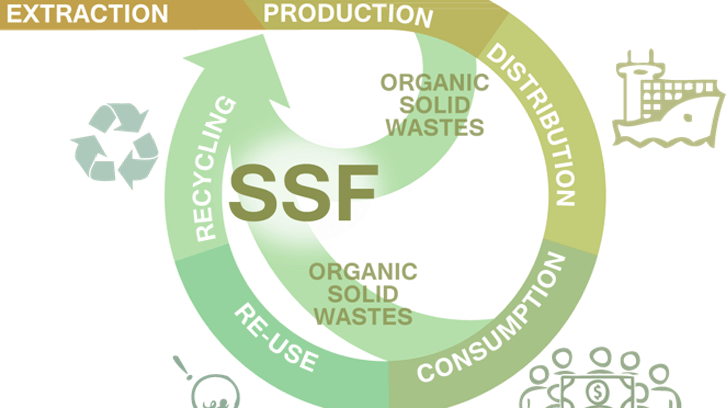Fermentation in solid state and composting as alternatives for the treatment of hair residues

One of the main residues in the leather sector is hair extracted from one of the stages of the skin treatment process. This treatment is carried out with different chemical agents that cause the contamination of the water used in this step.
Currently the hair residue is treated by a process of composting in order to obtain compost, a stable product and rich in nutrients capable of returning to the soil its organic characteristics.
Within the research group GICOM (www.gicom.cat) UAB has found an alternative for the treatment of this type of residue, solid state fermentation. This emerging technology is not only able to stabilize the hair residue in the form of a compost, but allows the production of a bio-product (enzyme) with a great industrial interest.
Thanks to its characteristics, this enzyme can be used, for example, in the stage of hair removal within the same production process, avoiding the use of chemical agents.
In this study the comparison was made from a life cycle assessment point of view of the two hair residue treatment strategies, using a specific software called Simapro®. Life cycle assessment is a tool that allows estimating the environmental impact of a process, product or service in order to improve its sustainability.
The data to compare the two technologies were extracted, on the one hand, from the Association of Tanners of Igualada, and on the other hand, from the Research Group from previous studies.
The results concluded that the use of solid-state fermentation to treat hair residue from the leather industry contributes to a lower impact on the environment compared to the composting process. The main categories where this reduction of environmental impact observed are both in freshwater ecotoxicity and in salt water.
This is due to the elimination of chemicals in the stage of hair removal thanks to the use of enzymes produced during the fermentation in solid state, by fermentation in solid state, the generation of solid waste decreases and is obtained as the final product a bio-product of high added value.
Therefore, the solid state fermentation is presented as a sustainable alternative to the residual solid waste, helping to stabilize the production cycle of the alternatives of the circular economy.
Universitat Autònoma de Barcelona
References
Solid-state fermentation and composting as alternatives to treat hair waste: A life-cycle assessment comparative approach. To be published in: Waste Management & Research.
Researchers: Eva Catalán, Dimitrios Komilis and Antoni Sánchez.

